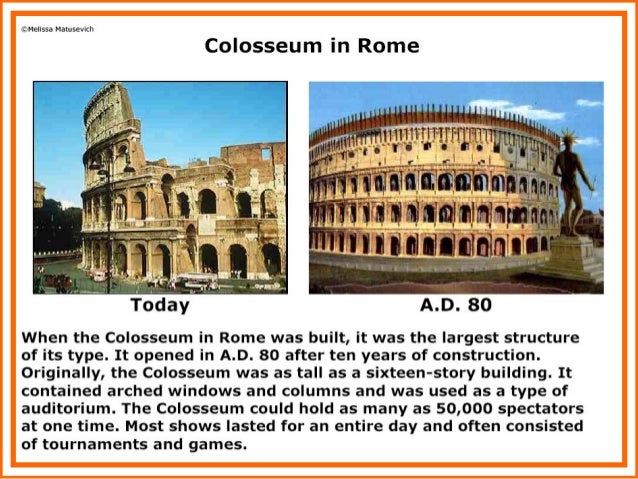Schooling in Ancient Greece & Rome
Gender
The
Greeks and Romans thought it very much appropriate that only boys should attend
school. The girls did not need schooling. They were taught by their mothers to
be skilled in sewing and weaving. Spartans boys were enlisted in the military
to learner survival skills. To a certain extent, Spartan girls were also taught
some fighting skills to protect the city and family. It seems that girls/women
were looked upon as breeding machines, the ones to reproduce quality offspring.
Age
In
both Ancient worlds, kids started their educational careers at the age of seven
years. This is very much similar to our school entry age. It seems at all major
influential civilizations agree upon the right age for learning to commence. Somehow,
they knew that at that age the brain was almost fully developed and ready to
absorb knowledge like a sponge.
Socio-economic circumstances
Generally,
it seems from historical pieces of evidence that Ancient Greece and Rome, had
very good, stable socio-economic conditions. Yes here and there, we find that
higher education was earmarked for the privileged families. Furthermore, the
inventions and the contributions of academic achievements indicate to us that
there was good social order and the class differences ensured that economic
advancements and standards were upheld.
Curriculum
 The curriculum in Ancient times was stuff in certain civilizations. The wealthy
Greek families could afford to send their boys to a tutor to study under his
guidance and leadership. Whereas, the general public or middle class, their
kids had to attend public schools that were to an extent sponsored by the
state. In the Roman society, kids were indoctrinated that they are to become
the future masters, and thus they (Roman kids) had servants to carry their
books to even to ensure their safety. School hours were long and tedious and
the learners were very much scared of been beaten. Thus, they usually memorized
their lessons.
The curriculum in Ancient times was stuff in certain civilizations. The wealthy
Greek families could afford to send their boys to a tutor to study under his
guidance and leadership. Whereas, the general public or middle class, their
kids had to attend public schools that were to an extent sponsored by the
state. In the Roman society, kids were indoctrinated that they are to become
the future masters, and thus they (Roman kids) had servants to carry their
books to even to ensure their safety. School hours were long and tedious and
the learners were very much scared of been beaten. Thus, they usually memorized
their lessons. Aim of education
I
think the main aims of education in Ancient Greece and Rome, was to make good
citizens out of their kids. With Spartans, they were more focused on strength
and military power. Also, education was set on to produce civic efficiency and
political leadership and therefore the ability to speak well and articulately
express your thoughts was another aim of education.
Methods & Strategies
 As
we said earlier, that Roman kids were often beaten if they didn’t know their
lessons. And thus, committing to memory was almost like a standard. However,
there were some tutors and teachers who had a different approach to learning
strategies. For example, Socrates had a method of involving his students in conversation
style teaching. He would ask open-ended questions to have the teacher and
student probe deeper and getting a better understanding of the topic.
As
we said earlier, that Roman kids were often beaten if they didn’t know their
lessons. And thus, committing to memory was almost like a standard. However,
there were some tutors and teachers who had a different approach to learning
strategies. For example, Socrates had a method of involving his students in conversation
style teaching. He would ask open-ended questions to have the teacher and
student probe deeper and getting a better understanding of the topic.Conclusion
When we examine the history of Education in the Ancient periods, we conclude that most of our introductions to education methods and styles are almost like a repetition of the Ancient times.
We are grateful, thankful and appreciate even the smallest contributions that they have made in the past. No denying it that our whole foundation is based on their social and academic achievements.



